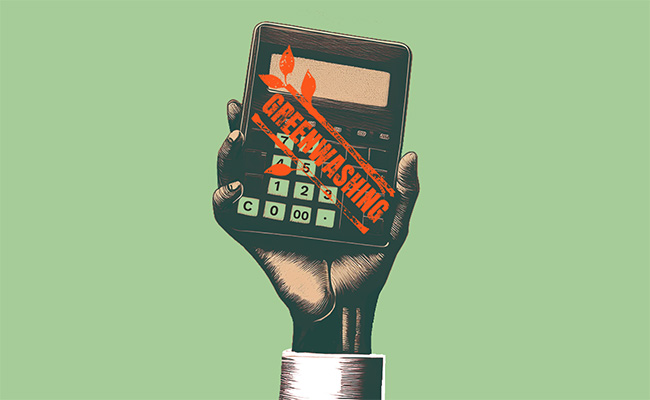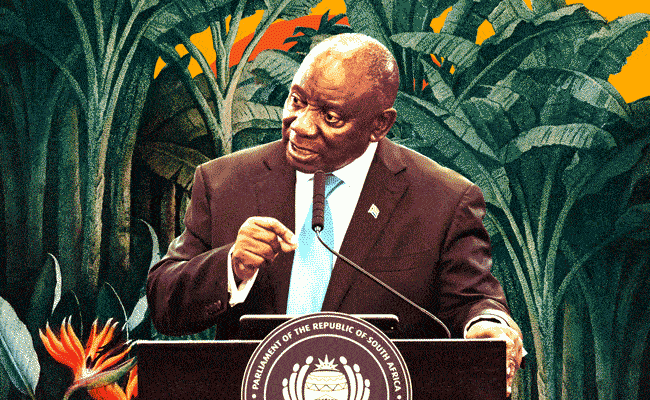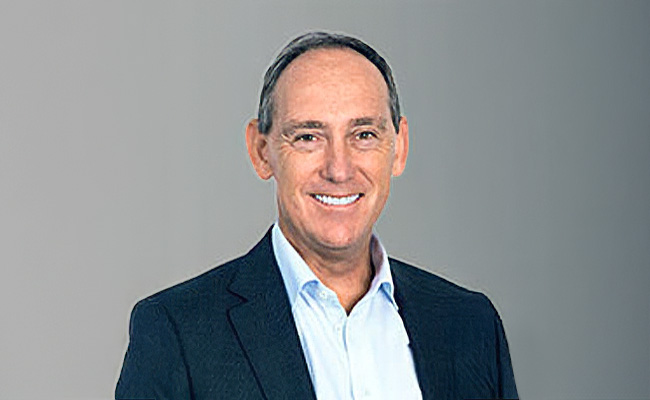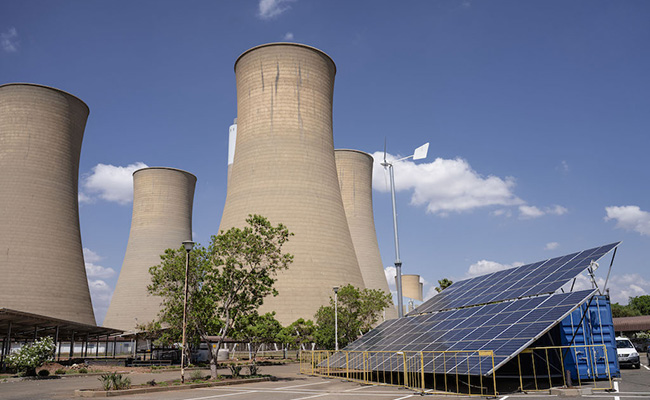Auditors have had a rough few years as the unwitting accomplices of some of South Africa’s biggest frauds.
In the case of retailer Steinhoff, Deloitte is facing a looming regulatory probe for signing off accounts with R106bn in fictitious income. At equally besmirched sugar company Tongaat Hulett, auditor Gavin Kruger is facing criminal charges.
Now, a paper in the journal Science this month raises sharp new questions about the auditing of “carbon credits”, fuelling criticism that these instruments do little more than provide a greenwashing façade for dubious climate-change claims.
“Most carbon offset projects that have been closely scrutinised … have greatly exaggerated their climate benefits. More than 80% of issued credits might not reflect real emission reductions,” say researchers Cary Coglianese, from the University of Pennsylvania Carey Law School, and Cynthia Giles.
And while auditing of these offset projects is seen as “essential” to ensuring the integrity of the entire carbon market, any reliance on these audits is “misplaced”.
“Despite numerous claims being made that third-party auditors will help restore credibility to carbon offsets, auditors selected and paid by [clients] cannot guarantee the integrity of carbon credits,” the academics argue.
This new assault on carbon credits comes as South Africa – and Africa – prepares to rapidly expand its carbon market, which has been billed as a way to direct more than $6bn in resources to the continent by 2030. But if carbon offset projects cannot effectively be audited, this is a potentially existential blow to this fledgling market.
The Science researchers reviewed 95 projects initially registered by Verra, the world’s largest registry of voluntary carbon offset projects. They selected these projects because the offsets were flawed, or “overcredited” – a fact Verra acknowledged by later suspending them.
“These projects followed the usual protocol: developers claimed a number of credits, auditors reviewed and signed off, then the registry reviewed submissions and decided on the number of credits to issue,” they wrote.
The premise is simple: carbon credits are created through these offset projects, like reforestation schemes, which promise to lower CO2 in the atmosphere, then sold to companies to allow them to “balance out” their emissions.
But for this to work, it is essential the project does what it promises. And of the 33 auditors certified by Verra, 21 of them worked on these problematic projects.
Missold projects
This shows, the academics say, that “criticism should be directed not at individual auditors as much as the structure of the system that fosters these outcomes”.
These auditors are not the household names like KPMG or PwC, but are ESG “verification” companies such as Carbon Check in India, S&A Carbon in the US and China Quality Certification Centre.
“Auditors did not create the overstated projects, nor is our review a comment on the quality of individual auditors’ work,” the paper says. “[This] does illustrate, though, that auditors’ failure to stop projects with integrity issues is a systemic issue, not just an isolated concern.”
Climate auditors argue that their role is not to attest to a project’s climate impact but rather to assess whether it conforms with the methodology, in much the same way the “Big Four” audit firms argue it is not their job to detect fraud.
Yet, as the academics point out, the companies still sold these audits as being far more authoritative in scope.
For instance, one company that sells carbon credits claims the audit “ensures that a project’s climate impacts are real and permanent”; another says these audits provide “independent confirmation” of the mitigation effects.
The Science paper says that while no auditor is immune to bias, this likelihood is more pronounced in carbon markets. This is because “offset calculations include many areas of ambiguity that require the exercise of judgment, creating greater opportunities for biased interpretation of information”.
Incentives matter too. The negative consequences for an auditor for disapproving a project “are immediate”, while the downside risks of inappropriately approving a project happen “much later, if at all”.
The economic structure of the carbon offset industry accentuates this problem: “Auditors hired and paid by developers cannot provide an unbiased assessment of developers’ credit calculations.”
Contested terrain
While this research will galvanise critics who feel that carbon credits are a flawed instrument, environmental assurance agencies – which have a lot to lose – have already hit out at this new research.
Tommy Ricketts, the CEO of carbon credit assurer BeZero Carbon, told Bloomberg that the market no longer hinges on a binary judgment from auditors, as ratings make assessments on a sliding scale of risk. “Risk sits at a project level and ratings mean carbon markets can now take account of this,” he said.
Still, these findings underscore rising criticism of carbon credit schemes.
In May, one of Australia’s largest private electricity retailers, EnergyAustralia, settled a greenwashing lawsuit by apologising to 400,000 customers who had signed up for its “Go Neutral” campaign, in which it promised to offset emissions from their electricity and gas use.
“While offsets can help people to invest in worthwhile projects that may reduce greenhouse gas emissions elsewhere, offsets do not prevent or undo the harms caused by burning fossil fuels for a customer’s energy use,” it conceded in the settlement.
Carbon offsets were “not the most effective way to assist customers to reduce their emissions”, EnergyAustralia said.
In South Africa, much of this criticism has yet to hit home. The African Carbon Markets Initiative, created in 2022, was created to expand this voluntary market, with former Eskom CEO André de Ruyter being one of its staunchest advocates.
Mandy Rambharos, the CEO of Verra, told Daily Maverick at a sustainability conference in South Africa last November that “there is an active carbon market community in South Africa and this needs to grow, it needs to scale”.
Critics say this is a false narrative. “Carbon markets don’t work,” said Rachel Rose Jackson, who heads Boston-based non-profit Corporate Accountability.
“They have never, not once, correlated with a global decrease in greenhouse gas emissions … they allow the fossil fuel industry, [agricultural companies] and other polluters to continue to pollute unchecked.”
Top image: Rapixel/Currency collage.
Sign up to Currency’s weekly newsletters to receive your own bulletin of weekday news and weekend treats. Register here.












The climate scam was devised a long time ago by the club of Rome to control the world population and keep them in a constant state of fear, and implemented in the RIO 2030 summit.
With South Africa implementing it now, it just means more corruption stories down the line. Especially since NASA says we’re entering a maunder minimum which lasts about 30 years.